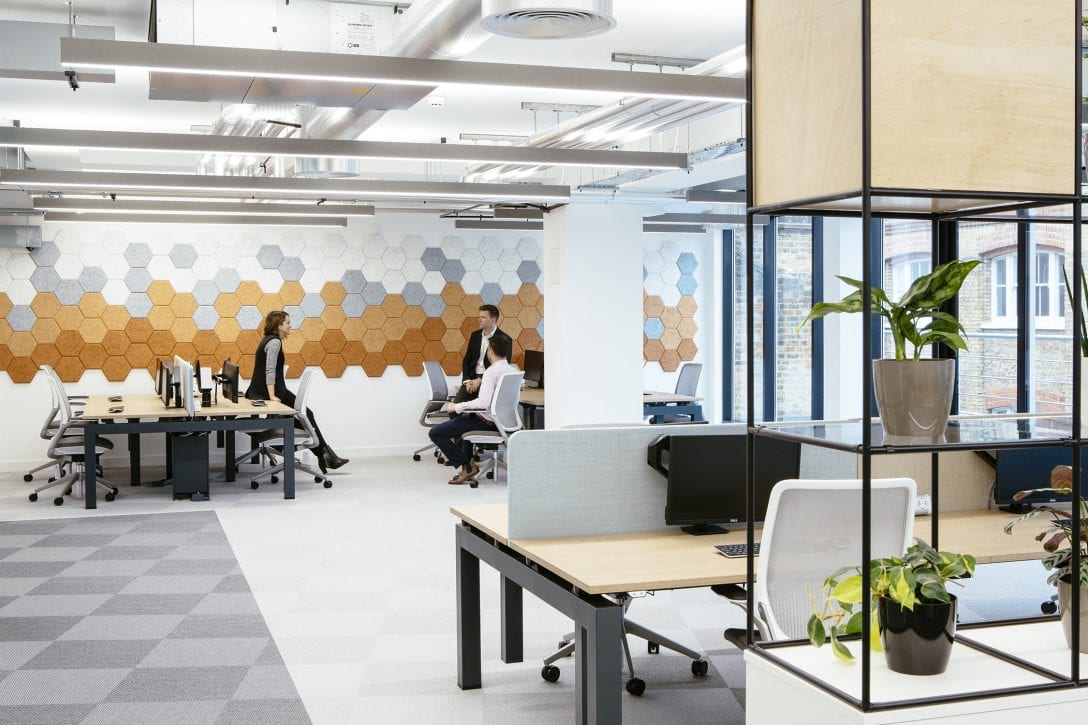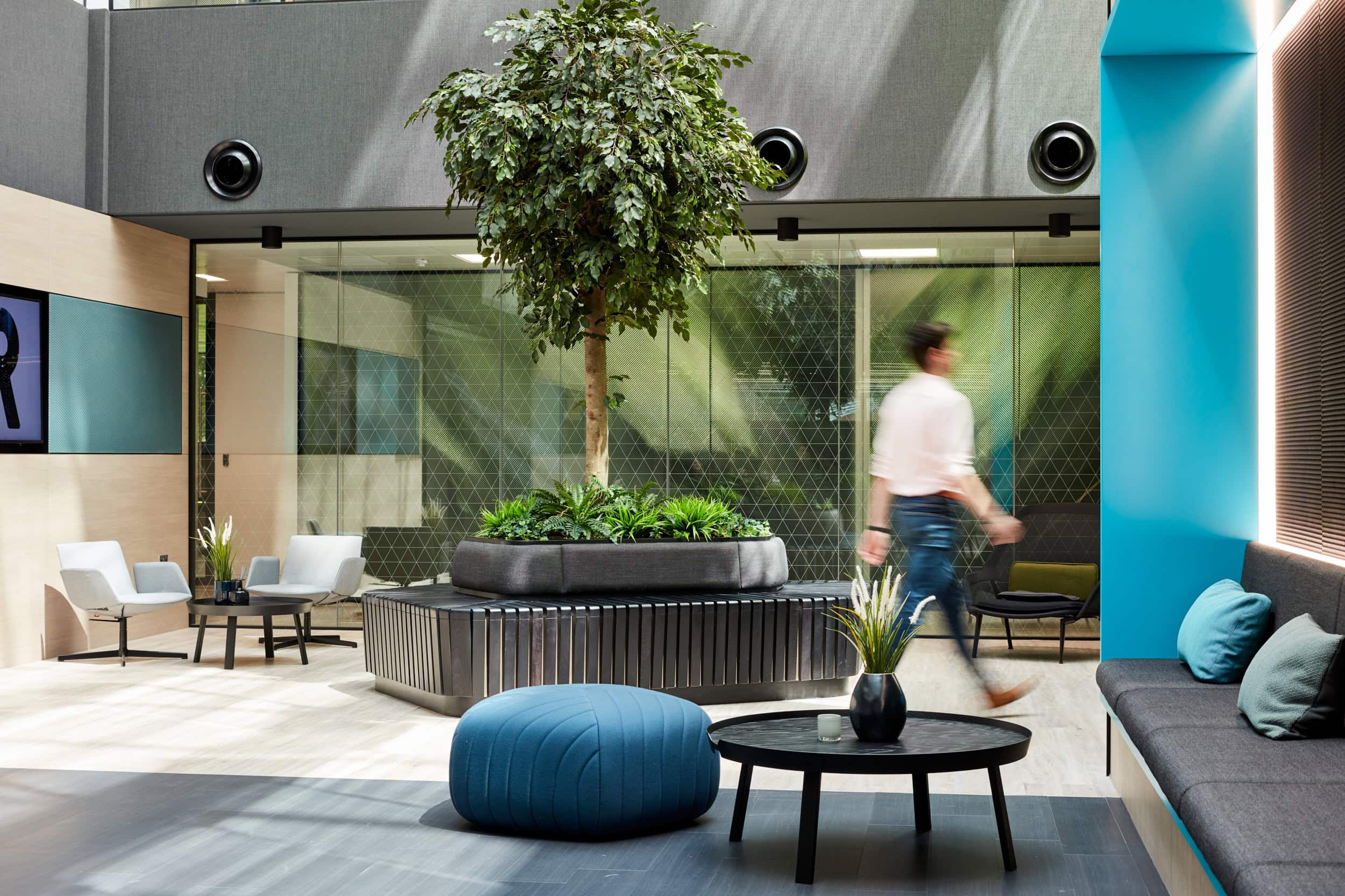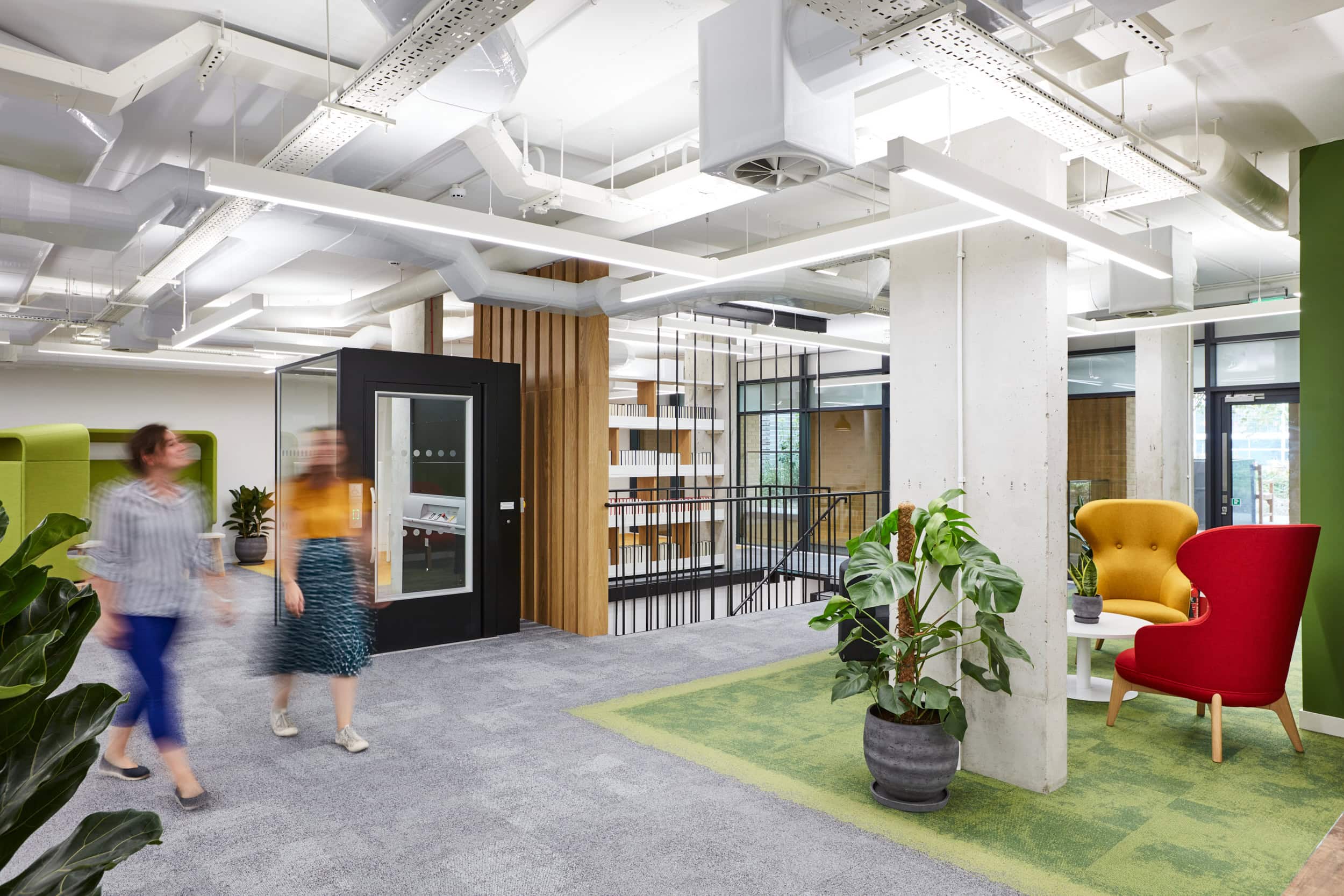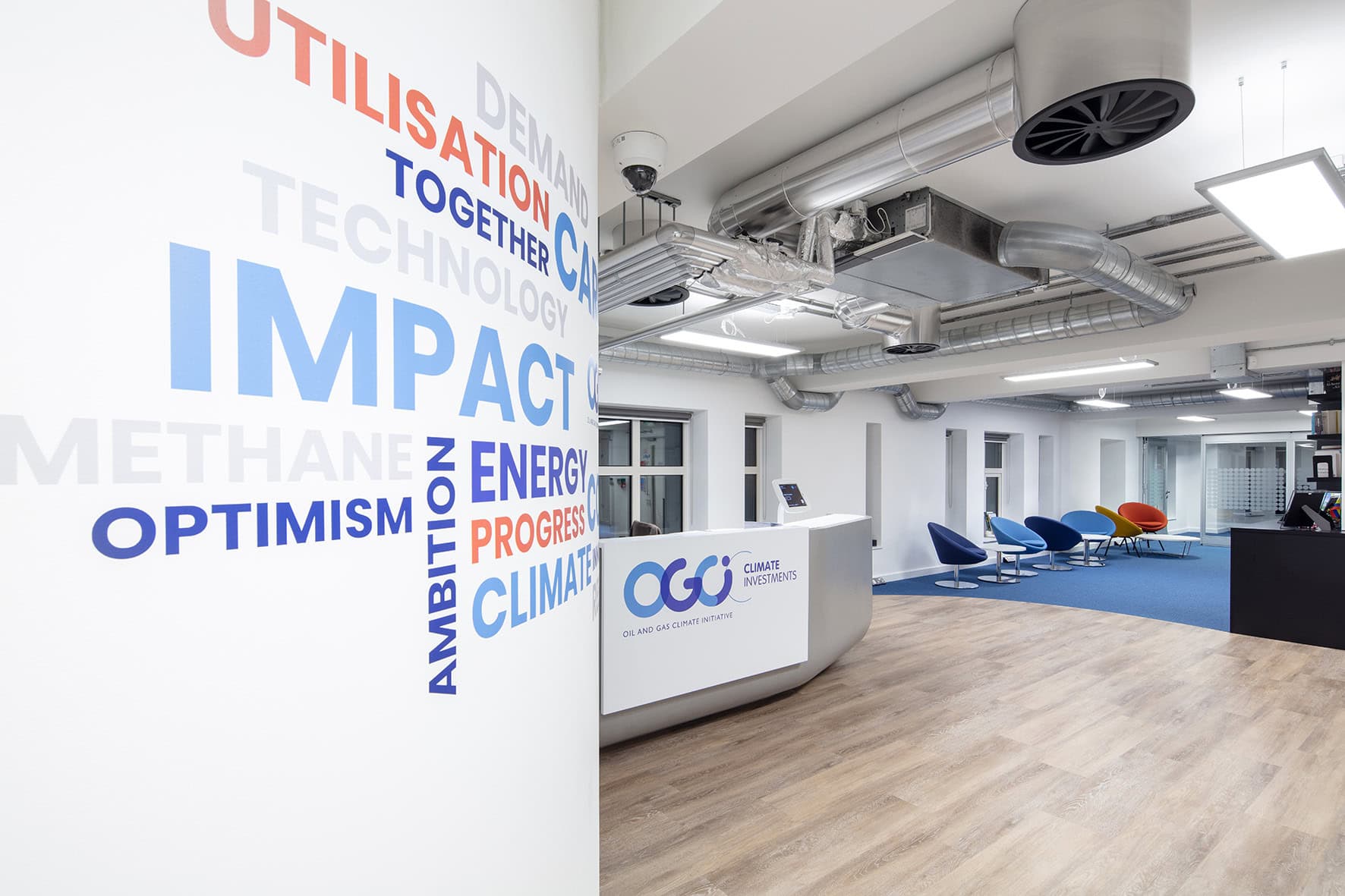Beyond COVID-19: A Departure From Presenteeism in the workplace
We take a closer look at the evolving decline of presenteeism in the workplace amidst the COVID era.

A departure from presenteeism in the workplace
Governments across the globe have quickly adjusted legislation giving people more people more rights and quicker access to sick pay in an attempt to mitigate the spread of COVID-19, a measure which may see a departure in the subculture of presenteeism in the workplace as we realise the necessity behind staying at home if you’re unwell.
The ongoing impact of rearing the head of presenteeism may in fact go further than reducing the physical spread of a virus than we are yet to realise. While perspectives around employees physically working within an office to guarantee improved results or productivity will no doubt change as we’re forced into working from home, the economic impacts of an increase in working from home strategies may in fact be two-fold.
‘Presenteeism’ is not a new phenomenon. Whether it’s employees continuing to come to work when they are physically sick or staying at work longer than their specified working hours.
Combined with fears over employer perceptions leads many employees into the feeling to prove themselves by showing face, causing mental health issues, further worsened in the face of an ‘always-on’ culture.
While we’ve long discussed the impacts your workplace can have on employee mental health, researchers say that presenteeism can cut individual productivity by one-third or more, significantly impacting the economic impact of your business.
The root of the problem is often caused by an outdated office culture. COVID-19 has created a forced departure from the stigma’s around mistrust in working from home. By encouraging more flexible working from home policies, upon returning to work employers have the opportunity to improve both internal morale and the external reputation of the business, thus impacting your bottom line.
Although the full impact of recent events is still unknown, we’re predicting that COVID-19 might be the black swan event that forces us to change our mindset around current workplace design practices and allow business to re-engineer their workplace practices.
We’ll keep sharing our insights and what’s working for us as the situation progresses in the hopes that we can return to work stronger than before. To chat about the future of your workplace, get in touch.


